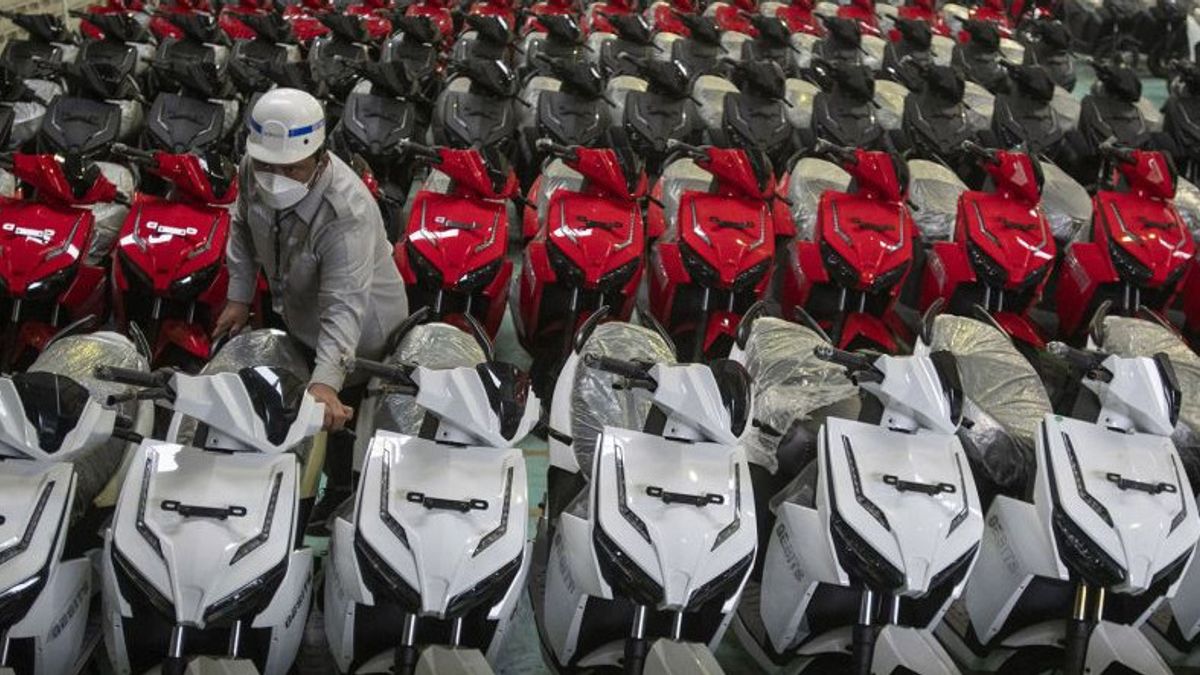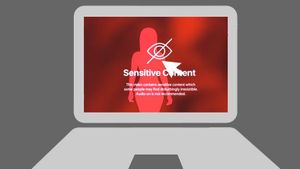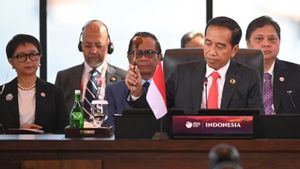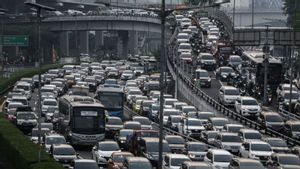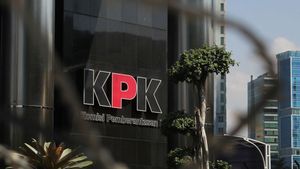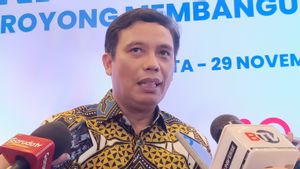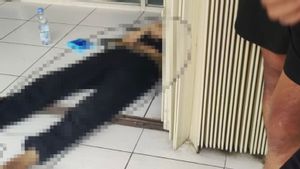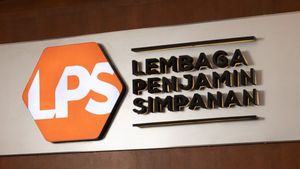JAKARTA The subsidy policy of the Battery-Based Electric Motor Vehicle (KBLBB) program for Micro, Small and Medium Enterprises (MSMEs), according to Deputy Chair of the Indonesian Transportation Community Region Strengthening and Development Division (MTI) Djoko Setijowarno, is an inappropriate program.
What MSME players need is not electric vehicles, but additional capital for business development, market access, and human resource training (HR).
"Currently, every MSME actor already has a motorbike, even more than one motorbike in his household. In fact, people who live under the bridge may already have a motorbike at this time. Obviously not on target," Djoko said in his statement to VOI on May 28, 2023.
Later, only electric vehicle manufacturers will benefit. Meanwhile, the aim of providing incentives to reduce fuel consumption and reduce carbon emissions is far from burning.
"What happened was the addition of energy consumption and the increasing number of private vehicles that were stuck on the road," Djoko continued.
Moreover, the electric vehicle purchase assistance program does not have a rule or obligation for buyers to release ownership of their oil-fueled vehicles. Instead of getting better, the traffic conditions have become chaotic.
It's better, said Djoko, that the incentives for electric motorcycles are prioritized for the outermost, underdeveloped, frontier and remote areas, which are mostly outside Java. In this area, the number of motorcycles is usually still small. The supply of fuel oil is also still difficult so that prices tend to be expensive. Meanwhile, electrical energy can still be obtained at a lower price.
"It's up to the government to buy or what mechanisms are to be distributed to remote areas, left behind whose fuel is limited. Give it to teachers, nurses. So, the impact is more felt for the community. Instead of being given to MSME actors, they also don't necessarily want to buy," said Djoko.
Likewise for electric cars. Subsidy priorities should also not be for private vehicles, but for ministry/institutional and local government official vehicles so that distribution is more equitable.
It is even more appropriate to give it to public transportation companies. Djoko assessed that there would be a number of benefits if subsidies to encourage the development of electric vehicles were given to public transportation.
Among other things, public transportation services will be more environmentally friendly, can reduce air emissions and can reduce congestion. Also, it can reduce the number of accidents and inflation rates in the regions.
"For example, electric buses can later be operated in the capital city of Nusantara (IKN) and also used to connect public transportation to Balikpapan, East Kalimantan. Moreover, the portion of public transportation in IKN is high. Electric cars can also be used by officials at IKN. Usually when there is a successful pilot, other regions can follow, "explained Djoko.
Transportation observer from The Institute for Transportation and Development Policy (ITDP) Indonesia, Etsa Amanda also has the same opinion. Subsidies for electric vehicles should start from public transportation. This could be a momentum to reform public transportation as a whole.
"The government is also easier to make careful planning because public transportation has a fixed route and a regular operational schedule. So it is more effective," Elsa said in a webinar on the Subsidy of Electric Cars for Personal or Public Transportation on May 27, 2023.
As stated in Presidential Regulation Number 55 of 2019 concerning the Acceleration of the KBLBB Program for Road Transportation. This program
Driven as an effort to increase energy efficiency, energy security, energy conservation in the transportation sector, as well as the realization of clean energy, clean air quality, and environmentally friendly. As well as to realize Indonesia's commitment to reducing greenhouse gas emissions.
By converting conventional motorbikes to electric motors, it can save approximately IDR 2.77 million per year for users. The government can also save IDR 32.7 billion per year from Pertalite compensation.
Even so, said Djoko, there must be indicators of success and benefit. Which institution is responsible for measuring it?
Solutions must continue to be sought. The Ministry of Transportation, the Ministry of Industry and the Ministry of Energy and Mineral Resources must work together to formulate this subsidy policy so that it is right on target. Don't let the rich people only enjoy this. Those who can buy electric cars are rich people, why give subsidies?"
VOIR éGALEMENT:
The English, Chinese, Japanese, Arabic, and French versions are automatically generated by the AI. So there may still be inaccuracies in translating, please always see Indonesian as our main language. (system supported by DigitalSiber.id)
